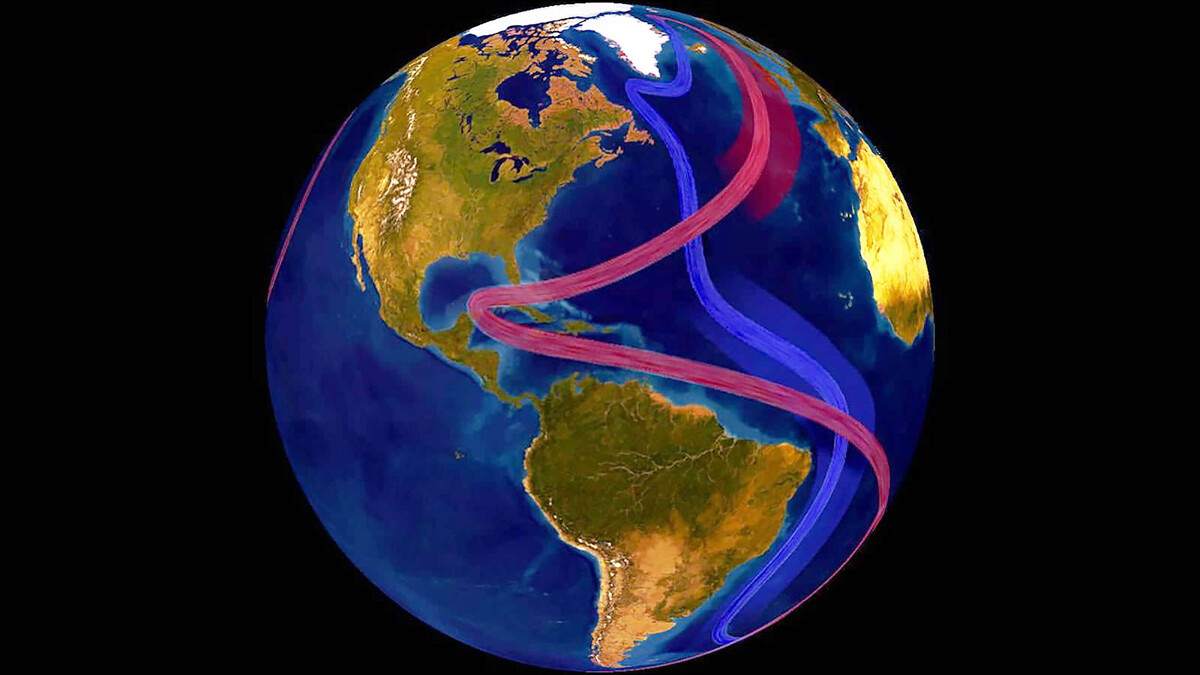- cross-posted to:
- [email protected]
- cross-posted to:
- [email protected]
Don’t think I need to summarize this one. This is bad news for everyone.
How do you know that the climate is changing at a pace never before seen? Were you there to see it? There have been many mass extinctions in Earth’s history. It’ll be fine.
We know what the climate was like in the past by looking at layers in the earth, tree rings, even carbon dating can sometimes given evidence of how the composition of the atmosphere was in the past. There a lot of neat chemistry that we can use to learn what composition the atmosphere and climate had. Obviously there is some amount of error in models, but we do know.
I think there are a lot of errors in the models. Tree rings can only go back so far because most of the early trees are now coal. And trees, while they do live for a long time, don’t live forever. Fossilization is rare and I don’t know if we can get weather data from fossilized tree rings. Carbon dating is useful for organic matter up to 60,000 years ago. The other methods used to determine what the atmosphere was in the past include studying ice samples from Antarctica but that’s only good for the time Antarctica froze till now, it was tropical at some point. Since most scientist think complex life has been around for 500 million years I don’t think we can really say we know exactly what the climate was like and how it changed anywhere past a certain time period.
I think …
That’s the problem. Thinking without actual evidence to back it up = your opinion. Having an opinion is fine. But in a discussion such as this you need to come into it with factual data.
It’s the equivalent of showing up to a gun fight with a knife, believing you have a chance of winning.
Ok since you have a problem with the phrase “I think” then I’ll add a source.
Here they say that Carbon-14 is commonly used for carbon dating but it’s reliable for organic matter up to 60,000 years since it’s half-life is 5,700 years. The rest of my post is questioning how accurate our knowledge is for older dates. Millions or tens of millions of years ago. How do we know the rate of weather change from millions of years ago just from fossils? I assume that the further back we go in time the more inaccurate we are on how the climate change and we can only know about the general climate from the plants and animals we find.
Also why didn’t you question OP’s source of data? They also made similar claims about what we know about what we know about climate change but no one questions their sources.
How do we know the rate of weather change from millions of years ago just from fossils?
Info doesn’t just come from fossils. Geology is used as well, ie; differing layers of sediment, rock, even layers of fossilized burned vegetation, flooding or lava flows form a basis to be able to judge earth’s history.
I assume that the further back we go in time the more inaccurate we are on how the climate change and we can only know about the general climate from the plants and animals we find.
That is why the older something is, the wider the scientific dating can be, ie: managed agriculture methods began around 12,000 yrs ago vs horses developed 45 to 55 million years ago.
Also why didn’t you question OP’s source of data?
Because the info OP gave is accepted science and can readily be found everywhere.



